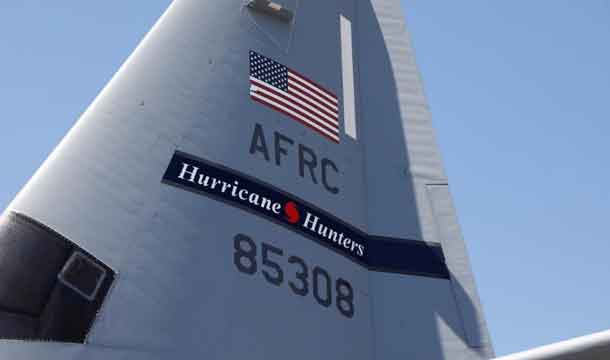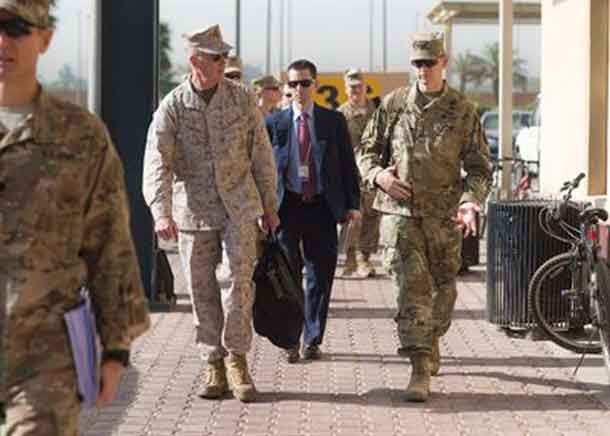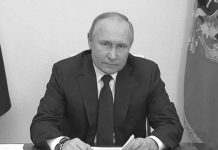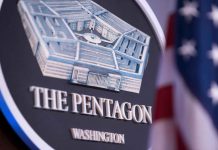Effective collaboration plays a role in the success of military operations by fostering communication and coordination among various units and stakeholders to achieve shared goals seamlessly. However, ensuring military collaboration can be challenging due to unit diversity organizational structures and the necessity for interagency cooperation. This is where strategic management becomes crucial, offering an approach to plan, implement, and assess joint endeavors to enhance military collaboration. In this article, we’ll delve into how strategic management improves cooperation.
Exploring the Concept of Strategic Management
Strategic management for defense and other areas entails crafting and executing plans to reach defined objectives in organizations by aligning actions with their overarching vision and mission while using resources and decision-making procedures. In the military context, coordinating various branches and partnering with allies and nations to achieve common goals.
Setting Clear Goals
Successful military cooperation commences with establishing goals that align with overarching strategic objectives. Skillful strategy handling aids in outlining these goals across various levels within the institution, from high-level strategic schemes to operational plans carried out by individual units. Communicating these objectives ensures that all stakeholders possess a mutual comprehension of the tasks at hand.
Efficient Distribution of Resources
Effective resource distribution is crucial in collaborative endeavors involving diverse units with varying strengths and weaknesses. Strategic planning enhances resource allocation by using available assets with specified needs across various organizations or entities engaged in coordinated missions.
Creating Plans for Operations
Successful military teamwork relies on joint operational planning, where different parties work together to create cohesive plans for carrying out a mission efficiently. Strategic management supports this process using tools such as joint operation planning processes (JOPP) or campaign planning frameworks like MDMP, which offer standardized formats for task identification, assignments of duties, and coordination of operations among various branches or countries.
Enhancing Communication and Information Sharing
Ensuring communication and sharing vital information for real-time coordination are critical hurdles in military cooperation efforts. Strategy management techniques help disseminate information among stakeholders coordinating and executing joint military actions. By setting up communication pathways and distributing essential data while utilizing technological tools efficiently, strategy management aids in improving situational awareness for everyone involved.
Encouraging Collaboration between Agencies
Military cooperation frequently includes collaborating with governmental bodies, non-governmental organizations, or international allies. An interagency connection is essential to coordinating actions effectively, utilizing specialized knowledge, and preventing redundant work. Managing strategies is key to developing connections through drills, setting up shared operational protocols, and cultivating trust among diverse organizations.
Constant Adjustment
Adapting to changing circumstances is vital in military activities as operational conditions shift and threats evolve. Effective strategy management involves assessing current efforts in comparison to set goals to pinpoint any discrepancies or areas needing improvement promptly. This review mechanism enables the identification of any divergences from anticipated results. Adjusting strategies in response to input from all parties engaged in cooperation strategy management helps ensure the possible outcomes are achieved.
Lessons Learned Approach
Strategic management allows for the gathering and examining of insights gained from joint operations collaboratively conducted by various units or organizations. Formalizing the process of capturing and sharing lessons learned can effectively promote knowledge sharing in future initiatives and foster improved military cooperation over time.
Strengthening Trust and Establishing Common Ground
Effective collaboration hinges on trust and a common understanding among all involved parties. Implementation Effective management plays a vital role in cultivating trust through its organized framework for making decisions together and showcasing transparency in allocating resources. Engaging stakeholders in the planning phase allows strategic management to nurture shared commitment and responsibility among team members, which bolsters the unity required for successful collaboration.
Conclusion
Successful military cooperation requires planning, coordination, effective communication, and adaptability – all of which are supported by strategic management approaches. Strategic management plays a key role in enabling successful military partnerships with an emphasis on defining goals, assigning resources efficiently, collaborating on operational strategies, enabling effective communication and data sharing, facilitating interagency relationships, and adapting based on experiences. It promotes unity between units, minimizes redundant efforts, and boosts the overall achievement of missions.








